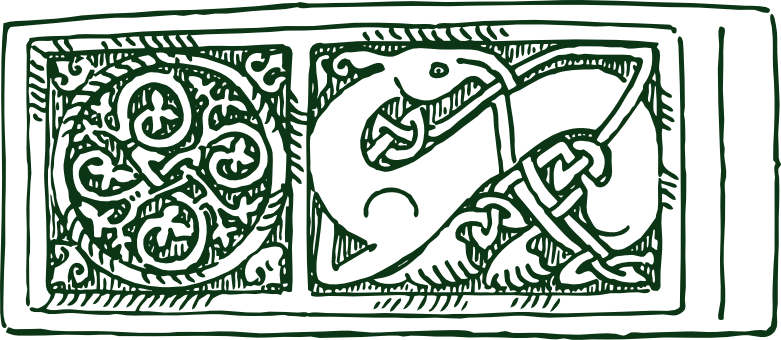Ian Gasse and Alverie Weighill
Ian Gasse
Ian Gasse was born in Halifax in West Yorkshire. After higher education in Nottingham and Loughborough, he spent his working life in teaching, journalism, local government and arts administration, the last-named activity including spells with Red Ladder Theatre, Banner Theatre, Solent People’s Theatre, North West Arts Board and Yorkshire Arts. He moved to Dumfries and Galloway in 2012, and has spent much of the last ten years researching the history of the organised Dumfries working class, with articles on trade unionism and co-operation published by the Dumfriesshire & Galloway Natural History & Antiquarian Society and the Scottish Labour History Society. He has produced a labour history trail of Dumfries and Maxwelltown (2020), a book on the history of the Dumfries and Maxwelltown co-operative movement, down to 1914 (2021), and a collection of articles on local food riots, farmworkers’ unions, campaigns for manhood suffrage, and significant local strikes, again down to 1914 (2022). The Co-operative Movement in Dumfries and Maxwelltown, 1847-1914
Ian says -
"Alongside friendly societies and trade unions, co-operative societies were the third form of collective self-help through which the working class of the developing capitalist industrial society of late eighteenth- and nineteenth-century Britain attempted to protect itself from the depredations of the laissez-faire market economy. These societies sprang up in local communities across Scotland and by 1914 the Dumfries & Maxwelltown Co-operative Society had become a vital part of the towns’ retail, social and cultural life. In this illustrated talk, I will trace the origins of co-operation in Dumfries, the challenges it faced, and its emergence as an important element in the wider community of Dumfries and Galloway."
Alverie Weighill
Alverie says -
"My partner and I took to D&G during a long-distance walk from East Lothian to Newton Stewart and back so started looking for jobs in the area. I was lucky to get one at the Crichton so we moved down from a flat in Edinburgh’s busy West End to an old farmhouse down a long track off the New Abbey to Beeswing road and set about keeping goats, rare breed sheep, hens and bees and turning a bog into a productive garden. When I retired 27 years later I had time at last to delve into the history of the area. I joined various history-related societies, including this one, of course, and spent a lot of time in the Ewart reference section and the Archives, including as a volunteer working on the Crichton archives. And then, as you’ll hear, I said a foolish thing ..."
